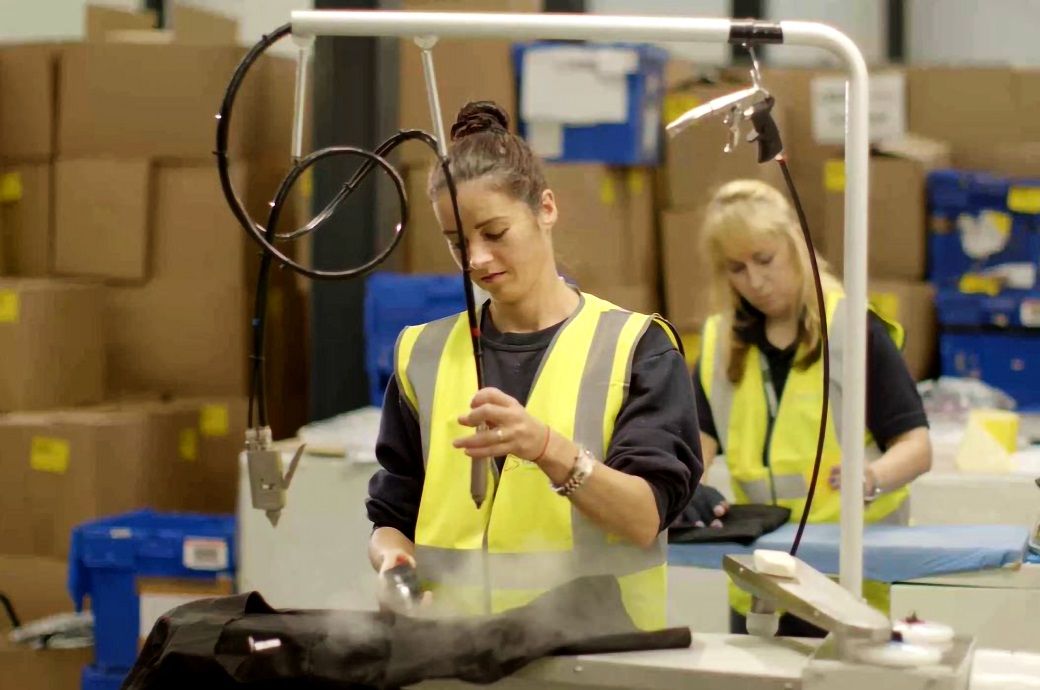According to the research, 51 per cent of manufacturers and brands supplying products to retailers have faced penalties for non-compliance with supplier terms and conditions. Over the past year, one-third (34 per cent) of these suppliers were fined, with the average penalty reaching £1,658 (~$2,216.91), and some penalties exceeding £5,000 (~$6,685.50).
A study by ASC reveals over half of suppliers to retailers face penalties due to non-compliance with pre-retail logistics standards, with common issues including missed delivery deadlines, quality problems, and labelling errors.
Financial penalties averaged £1,658 (~$2,216.91), with some exceeding £5,000 (~$6,685.50).
Twenty per cent of suppliers lost business due to non-compliance.
The top three challenges faced by suppliers are meeting delivery deadlines (67 per cent), dealing with quality issues such as damaged goods and packaging (60 per cent), and labelling problems (45 per cent). These logistical failures have had serious consequences for some businesses, with 20 per cent admitting to losing contracts with retailers, leading to an average loss of over £75,000 (~$1,00,282.50) in the past three years.
Further exacerbating the issue, 42 per cent of suppliers have chosen not to engage with certain retailers due to stringent supplier terms and conditions. Retailers are increasingly setting key performance indicators (KPIs) for suppliers, with the main focus being time to market (44 per cent), fulfilling order quantities (30 per cent), and packaging compliance (18 per cent).
Ben Balfour, managing director of ASC, highlighted the importance of pre-retail logistics, stating: “Retailers need stock to be delivered on time, in the correct format, and of perfect quality. Mistakes and delays not only incur costs but also risk missed sales opportunities and damage to brand reputations.”
Balfour pointed to manual processes in warehouses, such as handwritten labels and paper-based inventory management, as a significant source of errors and delays. He noted that 90 per cent of businesses are seeking ways to improve pre-retail logistics through automation and digitalisation.
As suppliers look to streamline logistics, the study found that nearly half are aiming to expand their retail partnerships, recognising the need for more efficient and sustainable logistics practices. ASC’s Retail Ready service is one solution that automates these processes, reducing lead times, improving quality control, and ensuring compliance with retailer standards.
Balfour concluded: “Pre-retail logistics offers a critical opportunity to enhance efficiencies, minimise waste, and reduce environmental impact by optimising fleet scheduling and reducing unnecessary mileage.”
Fibre2Fashion News Desk (KD)


